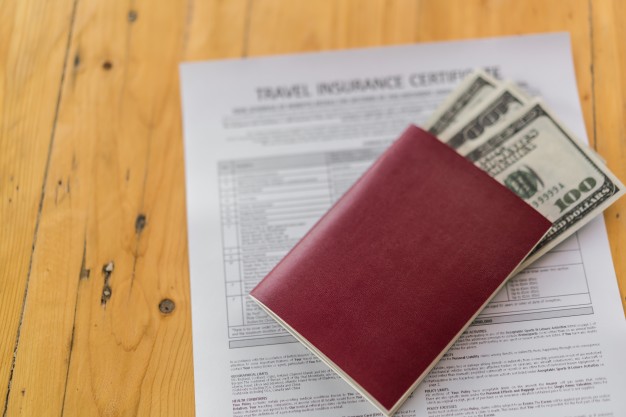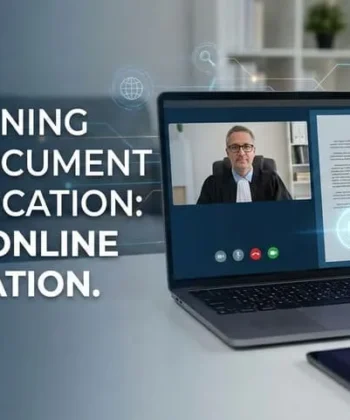
Understanding the basics of dual citizenship documents
Dual citizenship apostille Pasadena plays a vital role for families juggling paperwork across borders.
When children hold passports from two countries, parents often find themselves buried under layers of legal requirements.
Each nation expects proof that certain documents—like birth certificates, adoption papers, or parental consent forms—are valid.
Without proper verification, even something as simple as enrolling a child in school abroad or applying for a visa can turn into a stressful roadblock.
I remember one friend whose child held both U.S. and Italian passports.
When they tried temporarily moving to Florence for work, the school demanded notarized and apostilled birth records.
It wasn not enough to just show the documents; the Italian authorities wanted official confirmation that California had validated them.
That’s when the apostille process became their lifeline.
dual citizenship apostille pasadena is more than a phrase—it’s often the only way to cut through red tape when multiple governments are involved.
Why do parents face extra challenges?
Children under 18 add a unique layer of complication.
Adult travel documents are straightforward: passport, visa, or residency permit.
But for minors, governments often demand notarized parental consent letters, translated and apostilled.
This prevents one parent from taking a child abroad without the other’s knowledge.
For families in Pasadena, this becomes especially relevant when one parent is foreign-born.
Take the case of a colleague whose spouse was from Brazil.
Every holiday trip required not just tickets and suitcases, but also updated apostilled consent forms.
If the documents weren not stamped and certified correctly, airport security would not allow boarding.
That single stamp determined whether their vacation happened or ended in chaos.
How apostilles simplify cross-border recognition
The apostille system was created under the Hague Convention to standardize document validation across member countries.
Instead of requiring multiple embassy stamps, one apostille seal confirms authenticity.
Imagine having to run to the Brazilian consulate, then the U.S. State Department, then a local office—exhausting and time-consuming.
The apostille shortcut reduces this burden dramatically.
Parents often underestimate the importance until they are at the check-in counter and denied boarding.
I personally witnessed this at LAX when a mother traveling with her teenage son was stopped.
She had the notarized letter of consent, but it lacked an apostille.
Her trip was delayed three days while she scrambled to get the proper certification.
That experience convinced me that preparation is everything.
Real-life scenarios where an apostille saves the day
School enrollment abroad
When families relocate temporarily, international schools demand apostilled birth certificates and transcripts.
Pasadena families moving to Asia or Europe quickly discover that without these stamps, enrollment gets blocked.
One father I know had to courier apostilled transcripts overnight to London just so his daughter wouldn not miss the first semester.
Adoption and guardianship
In cross-border adoptions, courts require every single document—birth records, medical reports, and legal decrees—to be apostilled.
Without this validation, the adoption cannot be finalized.
Parents in Pasadena who adopt abroad often find this step takes longer than the adoption paperwork itself.
Emergency medical travel
Unexpected health situations also reveal the importance.
If a child needs urgent treatment in another country, apostilled guardianship papers allow hospitals to recognize parental authority.
Imagine having to fight for the right to sign surgery consent forms in a foreign clinic.
That small embossed seal can mean immediate medical access instead of endless arguments with administrators.
Why Pasadena families should plan ahead
Pasadena may be close to Los Angeles, but document processing delays can still disrupt timelines.
Local offices handle requests in waves, and families traveling during summer often face backlogs.
Starting the process months before travel saves parents from unnecessary panic.
Think of it like packing luggage.
Most families wouldn not wait until the night before an international flight to buy suitcases.
The same applies to apostilles—treat them as essential travel gear.
Alternatives and misunderstandings
Some parents assume a simple notarization is enough.
Unfortunately, that’s rarely true in dual citizenship cases.
Foreign governments usually demand apostilled versions to recognize the documents as official.
Another common misunderstanding is thinking that digital copies will suffice.
While some countries now accept electronic apostilles, many still insist on the classic ink-and-seal version.
Skipping this step risks canceled flights, lost tuition payments, and legal headaches.
Practical tips from real families
Start with the most requested documents
Birth certificates and parental consent letters top the list.
Keep multiple apostilled copies ready—one for airlines, one for consulates, one for schools.
Build a small “travel binder”
Several Pasadena parents I know keep a binder with apostilled copies, translations, and digital scans.
This binder travels with them everywhere, reducing stress when unexpected questions arise at border control.
Don not wait until the last minute
A neighbor once delayed getting an apostille until the week of departure.
When the office backlog pushed her pickup date past her flight, she had to rebook at double the cost.
Lesson learned: begin the process early.
Looking at the bigger picture
Dual citizenship is a privilege that opens doors to global opportunities.
Yet it also demands higher responsibility from parents.
The apostille may look like a bureaucratic stamp, but in reality, it represents trust between governments.
It’s the bridge that allows families to cross borders smoothly.
For children growing up with ties to two countries, that bridge is invaluable.
It lets them study abroad, join cultural exchange programs, and even receive healthcare without interruption.
When parents in Pasadena secure apostilles ahead of time, they are not just checking off paperwork—they are investing in their child’s freedom to explore the world.
Final thoughts
Travel should be about new experiences, not paperwork nightmares.
Parents managing documents for dual citizenship kids know this better than anyone.
From school enrollments to last-minute medical trips, having apostilled records ready is what separates seamless journeys from stressful detours.
In Pasadena, where diverse families often juggle multiple passports, being proactive is the smartest path forward.




